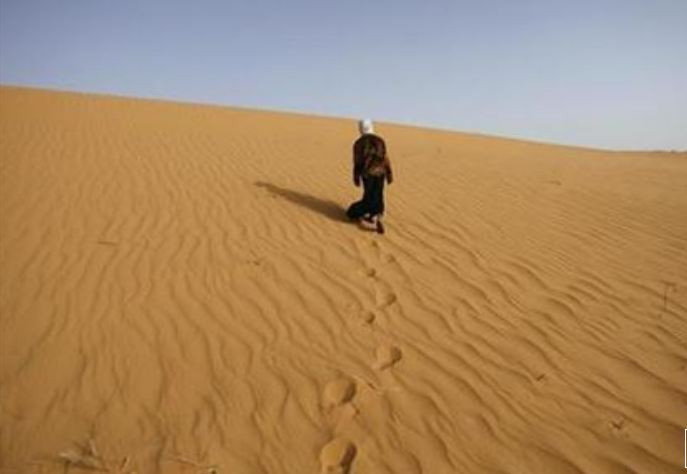A new European Commission report on soil health has found that up to 70% of EU soils are losing their ability to perform critical ecological functions.
According to the paper, the Mediterranean region's soil is degrading and land is turning to desert quicker than anywhere else in the European Union.
Experts warn that the combined consequences of irresponsible land practices and climate change have reduced a finite resource to the point that it is no longer usable.
The Mediterranean's shallow soils are particularly vulnerable to seawater intrusion, erosion, drought, and wildfires. In fact, this region has the greatest erosion rates and the lowest soil organic matter levels in the EU.
Water is stored and drained by healthy soil. It also produces 95% of the food consumed by people. When soil degrades, its core life-giving mechanisms are disrupted.
The Mediterranean is known for its tomatoes, grapes, and olives, but its treasured diet and economy are becoming increasingly difficult to sustain.
Despite this, relatively little research has been conducted in the region on the probable factors to soil deterioration.
Many of the research included in the review focused on soil degradation caused by erosion, but only a few looked at biological degradation.
Ants and earthworms are known to aid in the regulation of nutrients below ground, and their actions serve to maintain the soil's integrity. Have these underground communities changed as a result of human influence? And how is this affecting the environment around them?
We don't know the answers, and we're out of time to figure them out.
Droughts have been on the rise in the Mediterranean since the 1950s, forcing some farmers to quit their property and putting the region at risk of desertification. Wildfires may become more likely as a result of this.
"Changes to agricultural systems, together with other land-use changes, are leading to critical levels of habitat loss," the authors write.
"This is a particular concern since the Mediterranean region is characterized by extraordinary biodiversity, with large numbers of endemic species... "
This study, the first to examine and summarize the situation of soil in the European Mediterranean, highlights the lack of particular EU legislation protecting rural soils from urbanization. Similarly, despite a review identifying salinization to be a substantial hazard to soil, it is not addressed in specific EU policy.
If the EU wants to avoid additional soil degradation, it must cease treating its soil as if it were dirt.
The study was published in Science of the Total Environment.






